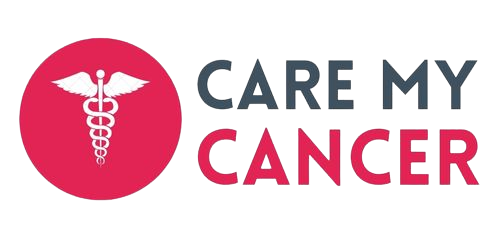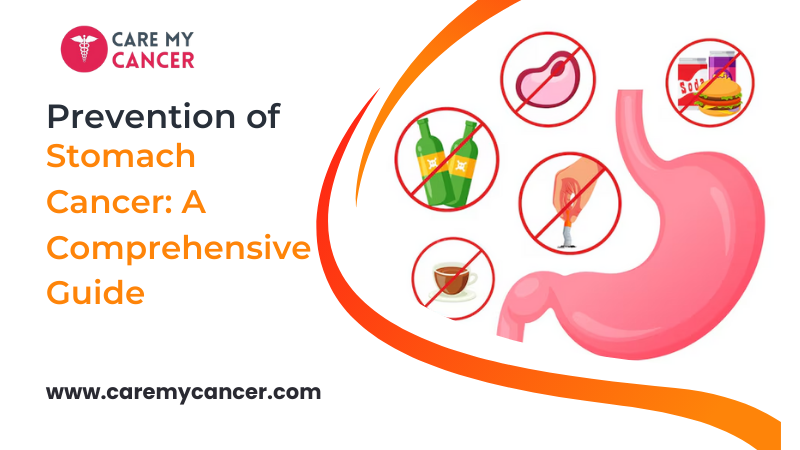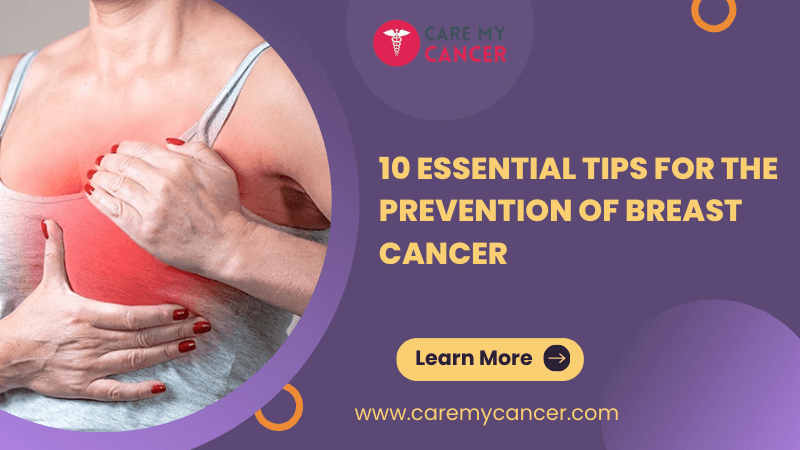Stomach cancer, although not as prevalent as some other forms of cancer, can be a serious and life-threatening disease if not detected and treated early. In this guide, we’ll delve into various strategies and measures for the prevention of stomach cancer, empowering you with the knowledge to reduce your risk and lead a healthier life. Understanding Stomach Cancer Stomach cancer, also known as gastric cancer, develops slowly over time, starting from precancerous changes in the lining of the stomach. These changes can eventually lead to the formation of tumors. Factors such as genetics, diet, lifestyle choices, and certain medical conditions can contribute to the development of stomach cancer. Risk Factors Several factors can increase the risk of developing stomach cancer, including: Prevention Strategies Healthy Eating Habits Maintaining a balanced and nutritious diet is crucial for reducing the risk of stomach cancer. Focus on: Limiting Risky Behaviors Certain lifestyle choices can increase the likelihood of developing stomach cancer. Take steps to minimize these risks: Screening and Early Detection Regular screening tests can help detect stomach cancer in its early stages when it’s most treatable. Talk to your healthcare provider about: Healthy Lifestyle Choices In addition to diet and exercise, adopting other healthy lifestyle habits can also lower your risk of stomach cancer: FAQs (Frequently Asked Questions) What are the early symptoms of stomach cancer? Early symptoms of stomach cancer may include indigestion, heartburn, abdominal discomfort or pain, nausea, vomiting, bloating, loss of appetite, unintentional weight loss, and fatigue. Can stomach cancer be prevented entirely? While it’s not possible to prevent stomach cancer entirely, adopting a healthy lifestyle and avoiding known risk factors can significantly reduce the risk of developing the disease. Is there a genetic component to stomach cancer? Yes, certain genetic factors can increase the risk of stomach cancer. Individuals with a family history of the disease should discuss their risk with a healthcare provider and consider genetic counseling. Are there any dietary supplements that can reduce the risk of stomach cancer? Some studies suggest that certain dietary supplements, such as vitamin C, vitamin E, and selenium, may have protective effects against stomach cancer. However, more research is needed to confirm these findings. Is there a link between stomach cancer and other medical conditions? Certain medical conditions, such as chronic gastritis, pernicious anemia, and stomach polyps, can increase the risk of stomach cancer. It’s essential to manage these conditions effectively and undergo regular screening as recommended by a healthcare provider. How often should individuals undergo screening for stomach cancer? The frequency of screening tests for stomach cancer depends on various factors, including age, family history, and overall health. Individuals at average risk may undergo screening starting at age 50, while those at higher risk may need earlier or more frequent screening. Conclusion Prevention is key when it comes to reducing the risk of stomach cancer. By adopting healthy lifestyle habits, making nutritious food choices, and undergoing regular screening tests, you can take proactive steps to protect your health and well-being. Remember, early detection and intervention are crucial for improving outcomes and increasing the chances of successful treatment.




